


Evangelicals denounce that the Constitution “will divide rather than unite the people of Chile, weaken democracy” and that the government did reject their proposals.
Cropped(1).jpg)
“We regret that Geneva is trampling on its tradition of tolerance and damaging its reputation as a capital of human rights”, says an evangelical representative in the Swiss Canton.
.jpg)
In Norway, a prolonged controversy seemed to be nearing its end after a church was given a go to keep their illuminated cross. That was until a neighbour appealed the decision.
.jpg)
Of the 186 known Christian fellowships, only a small minority are allowed to worship in their own buildings. The Turkish Association of Protestant Churches denounces that money has been offered to individuals who offer information about churches and pastors.

The agreement between religious minorities urges to “combat violence, extremism and hatred”. They are now suffering a campaign of insults and threats.

The law of 2018 worried evangelical Christians, as it strongly limited religious activities outdoors and limited faith expressions of civil servants.
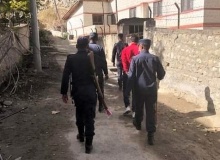
“Keshab went to the court for his regular hearing. We had no idea that he would be convicted that day and not return home”, says his wife. Christian leaders in Nepal are appealing to the international community.

The government says it has investigated around one hundred mosques and Muslim prayer halls because of possible “separatist” ideology.
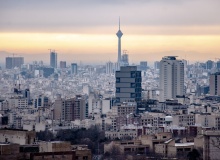
According to highest judicial institution of the country, “propagating Christianity through family gatherings [house-churches] is not a collusion to disrupt the security of the country”.

A survey concludes that 9 in 10 attend their church’s worship service every week. 63% of respondents do volunteer work and 40% identify with right-wing parties.
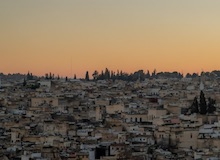
After ten years of Islamist government, the liberal party will have to form a new cabinet. “We are very proud political Islam came out through elections”, Christians say.
.jpg)
The medical passport becomes mandatory for all worship services with an attendance of over 50 people.

The Religious Liberty Partnership denounces “the gross violation of human rights and religious freedom”. Around 700 people have been killed and over 3,000 arrested since February.
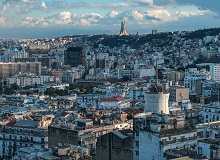
In a UN Human Rights Council session, evangelicals ask Algeria “to allow re-opening of all churches and revise the ordinance on non-Muslim worship”. The government argues they do not comply with Algerian legislation.
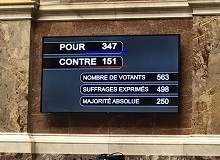
The so-called “anti-separatism law” is a response to radical Islamism, but evangelicals denounce it restricts freedom of worship and increases surveillance on all faith groups.

Evangelical churches increasingly worried about unfair attacks of the government. “They should not throw suspicion on faith groups and believers”.
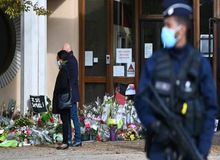
There were 78 Jihadist attacks or attempted attacks in the EU between 2017 and 2019. “The biggest failure in Europe is the failed integration of Muslims”, the World Evangelical Alliance Director of Public Engagement says.

The CNEF suggests to “include a reaffirmation of the right to the peaceful exercise of religious freedom” and “hopes that the freedom of education will not be violated”.

The Organization of American States declares 27 October as International Day of Religious Freedom. Evangelicals participated in the sessions defending the life and the family.

A request to reopen places of worship was recently rejected without a justification. The Algerian Protestant Church (EPA) invites Christians worldwide “to join us to pray for Algeria”.
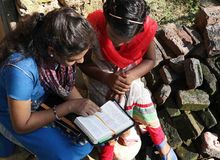
The Evangelical Fellowship of India denounces that Christians “are warned to leave their faith or face consequences” and urges the state “to ensure that the perpetrators are brought to justice”.

“They did not give us any option or alternative to negotiate. Rather, it was a resounding, arbitrary closure, and without any solution”, the pastors point out.
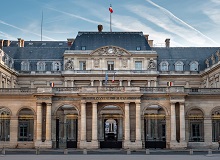
French evangelicals welcome the “affirmation of freedom of worship as a fundamental freedom” and issue a guide with practical information about the re-operning of church buildings.

How and when churches expect to go back to face-to-face gatherings.

Millions face a ‘double crisis’ as the Covid-19 epidemic grows. “Migrant workers are walking hundreds of kilometres desperated to reach their home villages”, says an evangelical pastor. “Thousands of Christian doctors, nurses and paramedics are serving in the frontline”.

Las opiniones vertidas por nuestros colaboradores se realizan a nivel personal, pudiendo coincidir o no con la postura de la dirección de Protestante Digital.